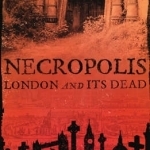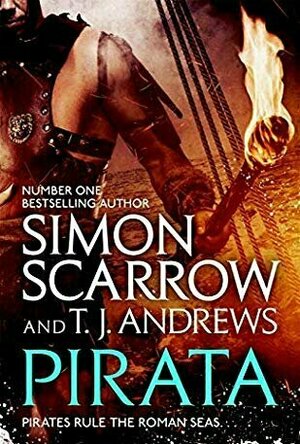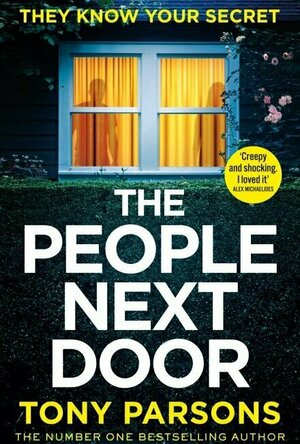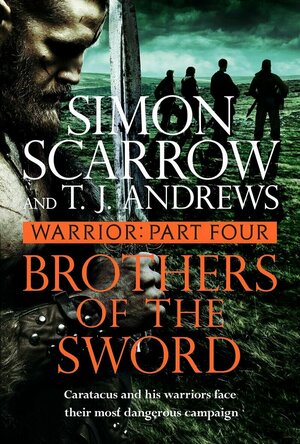
Necropolis: London and its Dead
Book
From Roman burial rites to the horrors of the plague, from the founding of the great Victorian...

Britannia - Season 1
TV Season Watch
David Morrissey (The Walking Dead) and Kelly Reilly (True Detective) star in an epic and cinematic...
Drama fantasy

Magic Pony Coloring Book for Adults My Little Art!
Entertainment and Book
App
◊ Relax and be creative with new magical coloring books for adults! Experience the best GRADIENTS...

Pirata
Book
The dramatic and action-packed novel of Roman pirates from the bestselling author of the Eagles of...

The People Next Door
Book
Lana and Roman Wade have fled the city for a little corner of paradise, exchanging their flat with...

Brothers of the Sword (Warrior #5)
Book
BROTHERS OF THE SWORD is the fourth ebook novella in the WARRIOR series, telling the dramatic story...

Lord of War (Warrior #5)
Book
LORD OF WAR is the fifth and final ebook novella in the WARRIOR series, telling the dramatic story...
David McK (3695 KP) rated Gladiator 2 (2024) in Movies
Dec 6, 2024 (Updated Dec 6, 2024)
In this, which plays a heavy debt to that earlier film, Paul Mescal stars as Hanno who, it turns out, also played a pivotal role in that earlier film (I don't want to give too much away, other than to say he's playing the same character circa 20 years later) and who, like Maximus before him, ends up fighting for his life in the Roman Arena for the amusement of the Roman mob.
Denzel Washington, this time, plays a role somewhat similar to Oliver Reed did in the first film, with - here - 2 Emperors instead of 1 (Commodus) in the persons of the twins Geta and Caracella - and with able support provided by the likes of Pedro Pascal (whom the trailers will make you think has a bigger role than he does) and Connie Nielsen.
Good, yes, but not up to the standards of the first.
David McK (3695 KP) rated The Crow Goddess (Lugh Mac Romain, #2) in Books
Jan 30, 2019
Whereas the previous novel revolved mainly around the Ulster series of Legends (most particularly the Cattle Raid of Cooley), this novel takes place in both Roman Britain (the first half, and prior to the building of Hadrians Wall) and Ireland. The second part of the novel - the part in Ireland itself - concerns Cuchullains legendary death more than his legendary life.
Well worth a read!

